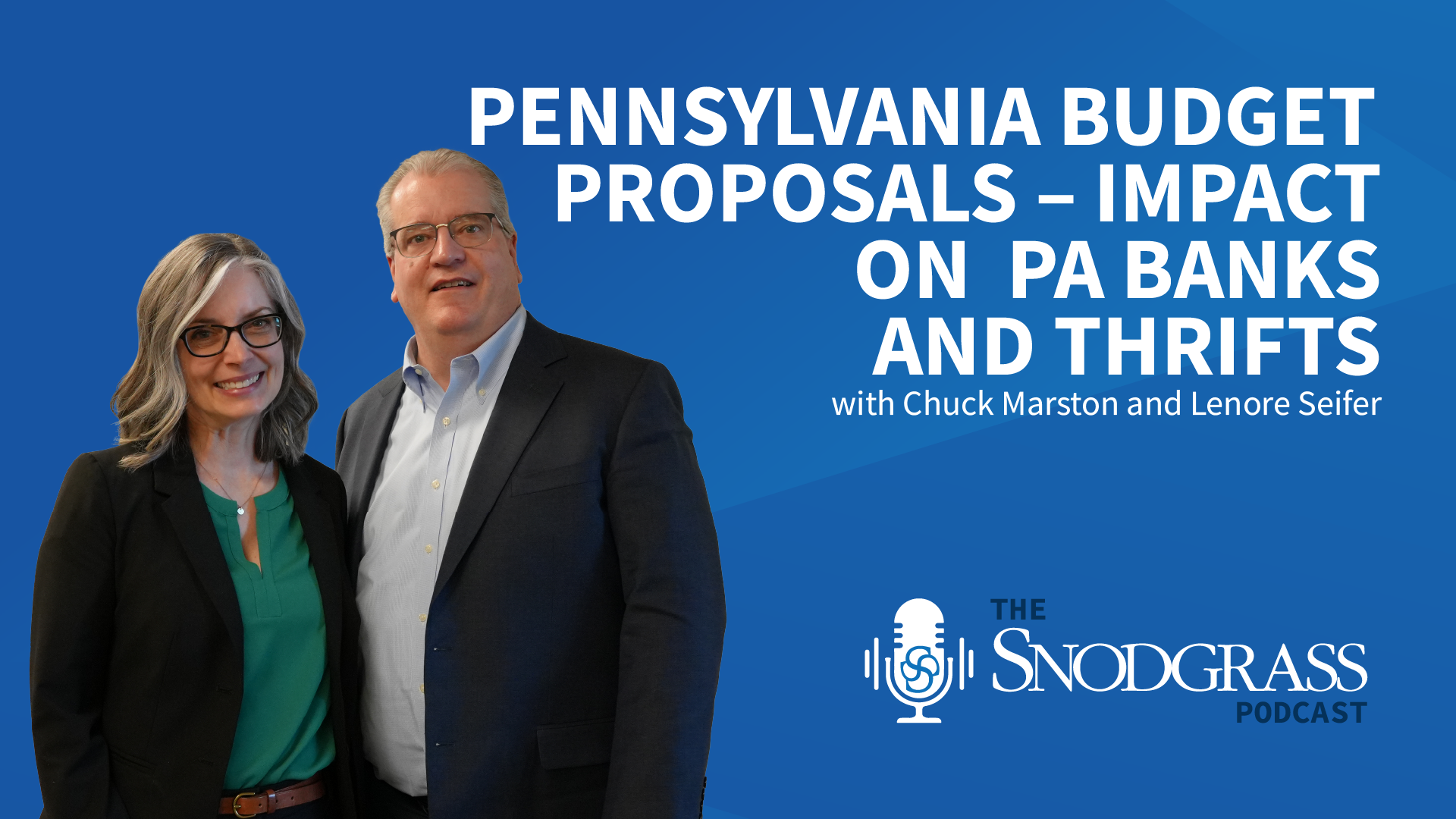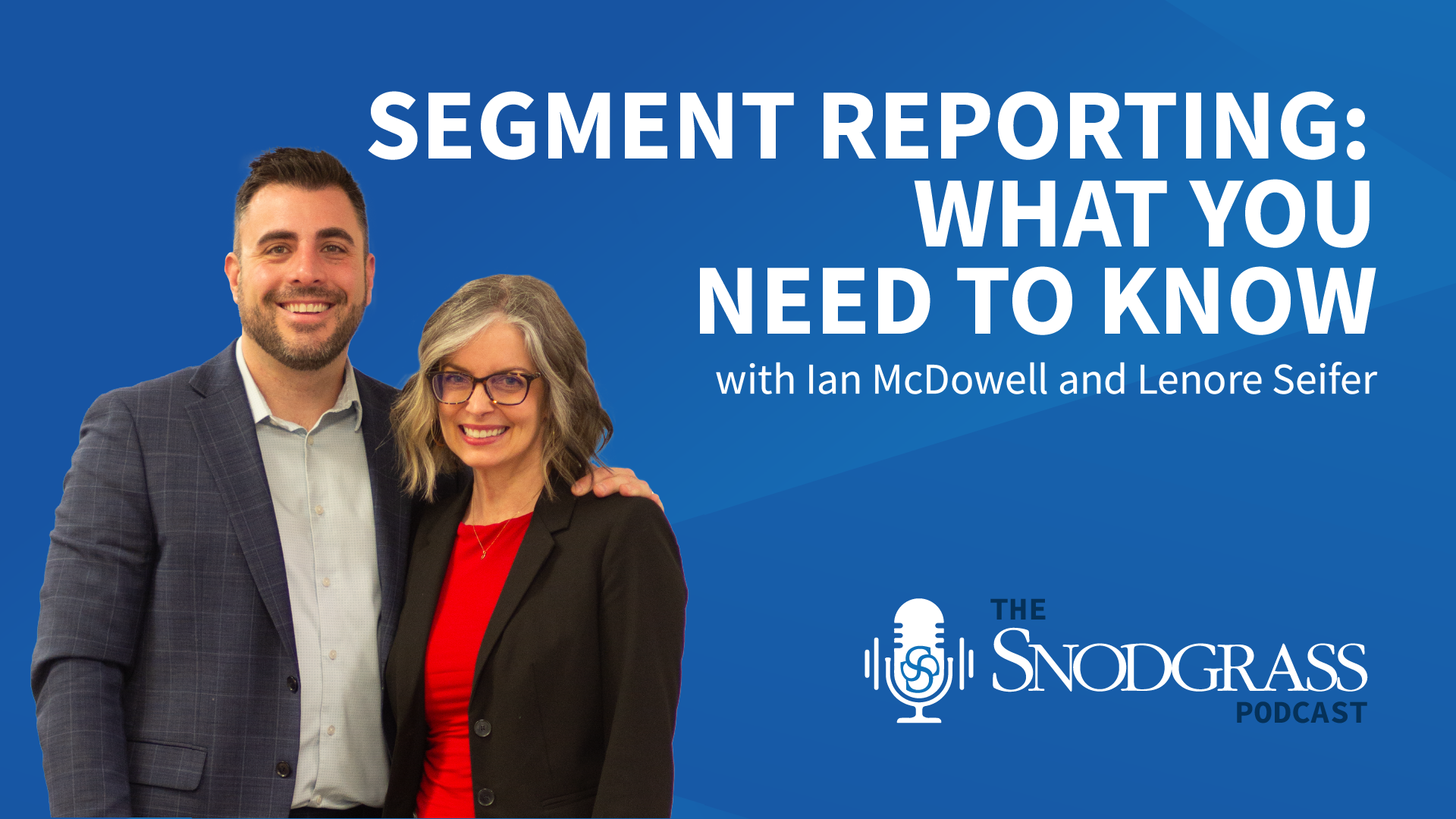The Small Business Administration (SBA) resumed accepting applications for Paycheck Protection Program (PPP) loans at 10:30 yesterday morning after, late last week, Congress passed and the president signed into law the Paycheck Protection Program and Health Care Enhancement Act (the Act) that includes an additional $484 billion in COVID-19 relief. The Act replenishes the SBA’s loan and grant programs; provides support to hospitals and medical facilities; and expands federal, state, and local coronavirus testing efforts. Details of the Act include:
- An additional $310 billion (from $349 billion to $659 billion) for the SBA’s PPP loans, with $60 billion specifically allocated for loans made by small lenders and community-based institutions;
- A $321 billion increase (from $349 billion to $670 billion) for forgiveness on PPP loans, presumably recognizing an intent to also be in a position to forgive interest in addition to principal on PPP loans;
- An extra $10 billion (from $10 billion to $20 billion) for the SBA’s Emergency Economic Injury Grant program;
- An extra $50 billion for the SBA’s Economic Injury Disaster Loan (EIDL) program, to remain available until expended;
- A clarification that agricultural enterprises with 500 or fewer employees are eligible to receive EIDLs and emergency grants;
- An additional $2.1 billion for the SBA’s administrative expenses;
- $75 billion for hospitals and medical facilities to fight coronavirus; and
- $25 billion for COVID-19 testing.
Also, the U.S. Department of the Treasury recently issued additional guidance via its PPP Loans FAQs here. Although all FAQs should be reviewed, question #31 provides additional clarification in determining eligibility to participate in the PPP. Specifically, examples were added suggesting that publicly traded companies with substantial market value and access to capital markets may not be eligible to participate because of their inability to complete the appropriate certifications in good faith. This example should be considered by any small business or nonprofit that has applied or is in the process of applying for funds under the program.
Any advice contained in this communication, including attachments and enclosures, is not intended as a thorough, in-depth analysis of specific issues, nor is it sufficient to avoid tax-related penalties. This has been prepared for information purposes and general guidance only and does not constitute professional advice. You should not act upon the information contained in this publication without obtaining specific professional advice to your specific situation.



